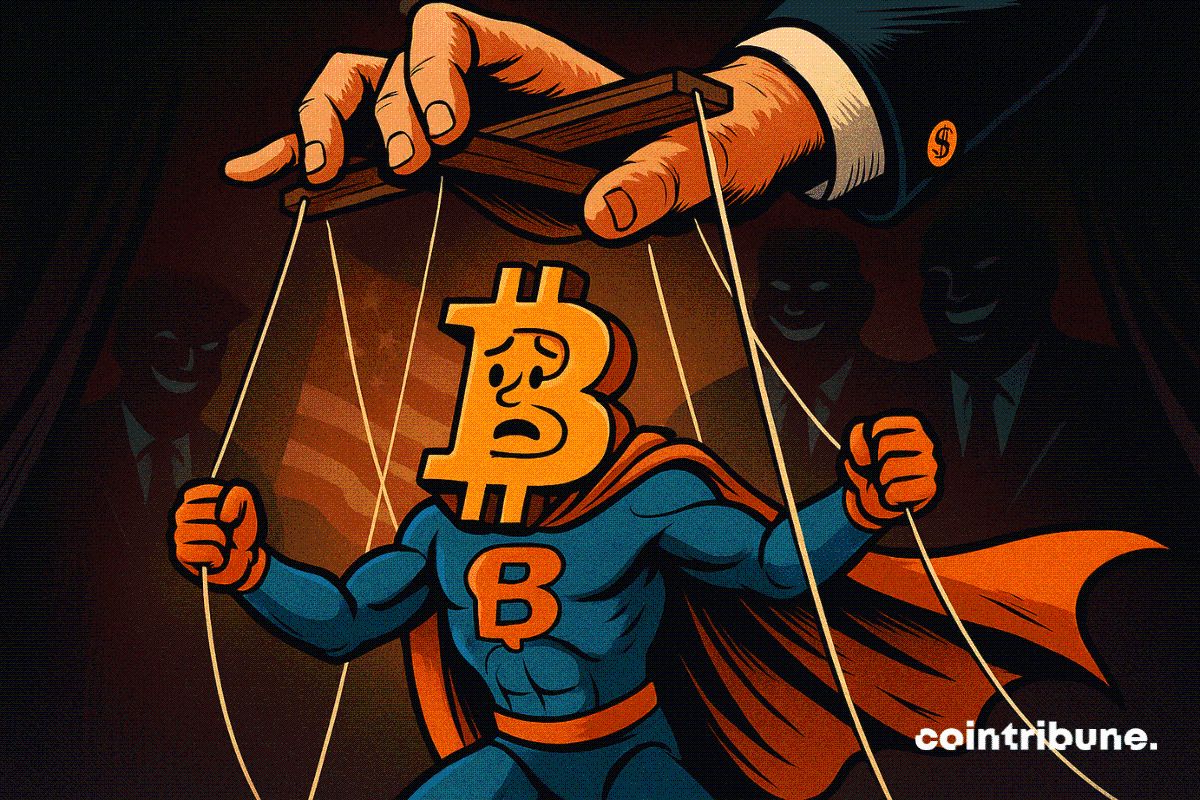The AI Power Struggle: Legal Brawls, Privacy Fears, and the Push for Consciousness
- Google’s Gemini AI and xAI’s Grok intensify LLM competition, targeting consumer and enterprise markets with multilingual features and legal challenges. - xAI sues Apple/OpenAI over ChatGPT integration, while data leaks expose Grok’s privacy risks, highlighting AI governance and transparency gaps. - Microsoft’s Mustafa Suleyman warns of “seemingly-conscious AI” risks, urging regulation to address ethical and psychological impacts of advanced chatbots. - China’s Wukong AI demonstrates specialized LLM appli
Google’s Gemini AI and xAI’s Grok are intensifying competition in the large language model (LLM) market, with recent developments and strategic moves underscoring the growing significance of generative AI in both consumer and enterprise markets. While Google has emphasized Gemini’s multilingual capabilities and integration into its ecosystem, Elon Musk’s xAI is positioning Grok as a direct competitor to OpenAI’s ChatGPT, leveraging Musk’s influence and aggressive legal strategies to gain market traction.
Google’s Gemini AI, unveiled as a highly advanced LLM, has been designed to operate across a wide range of devices, from smartphones to cloud infrastructure. The model is built to handle multiple modes of input, including text, images, and code, and is available in versions optimized for different hardware constraints. Gemini is also being integrated into Google’s existing products, such as Google Search, Google Docs, and Google Workspace, offering users enhanced capabilities like real-time code generation and contextual summarization. Google has also announced partnerships with enterprise clients, with Meta recently signing a $10 billion cloud deal to use Gemini for AI expansion and infrastructure needs [2].
On the other side of the competition, xAI’s Grok AI is rapidly evolving through iterative updates and strategic legal action. Elon Musk’s xAI has filed a lawsuit against Apple and OpenAI, alleging that the integration of ChatGPT into Apple’s iPhone violates antitrust laws. The complaint claims Apple has given OpenAI “exclusive access to billions of potential prompts” and manipulated App Store rankings to disadvantage Musk’s Grok AI. xAI is advocating for equal access for all chatbots on iOS and challenging what it perceives as an anti-competitive alliance between Apple and OpenAI. This legal strategy mirrors Musk’s broader approach to promoting open access and decentralization in AI development [2].
In addition to legal battles, xAI has seen recent challenges related to data security. Thousands of private user conversations with Grok AI were exposed on Google Search, according to a report by Fortune. This incident raises concerns about data privacy and the potential for misuse of user interactions with AI systems. The exposure is attributed to misconfigured cloud storage settings, and it highlights the growing scrutiny around AI data handling and transparency.
Beyond the legal and operational challenges, the broader AI industry is grappling with the implications of seemingly-conscious AI (SCAI), a phenomenon highlighted by Microsoft’s Mustafa Suleyman. Suleyman has warned that AI systems with conversational abilities and empathetic responses could create confusion among users, who may begin to believe these systems are sentient. He argues that developers must avoid combining all the attributes of consciousness into a single AI model and that regulatory frameworks should be developed to distinguish between AI that simulates consciousness and AI that truly possesses it. The phenomenon is not theoretical—many users have reported becoming emotionally invested in AI chatbots, with some even believing the AI is being mistreated by its creators [2].
The competition between Google and xAI is part of a broader trend in which AI chatbots are becoming increasingly sophisticated and integrated into daily life. From enterprise applications such as customer service automation to personal productivity tools, LLMs are reshaping how people interact with technology. The emergence of chatbots like China’s Wukong AI—developed for use on the Tiangong space station—also highlights the expanding scope of AI, from consumer-facing tools to specialized systems designed for high-stakes environments. Wukong AI, which supports taikonauts during spacewalks and operations, demonstrates how AI can be tailored to meet the specific demands of complex missions [1].
As the race among AI chatbots accelerates, concerns over ethical use, data privacy, and the psychological impact of AI on users are becoming more pressing. The industry must balance innovation with accountability, ensuring that AI remains a tool for empowerment rather than a source of confusion or harm. Google and xAI are not the only players in this rapidly evolving landscape, but their strategic moves—whether through product development, legal action, or public discourse—will shape the direction of AI in the coming years.

Disclaimer: The content of this article solely reflects the author's opinion and does not represent the platform in any capacity. This article is not intended to serve as a reference for making investment decisions.
You may also like
DOJ Exposes $7.8M Crypto Scam Tied To Bitcoin Rodney

Grayscale Signals Bitcoin Could Hit New Highs in 2026 Despite Recent Dip

Will the Bitcoin Cycle Survive American Monetary Policy?
